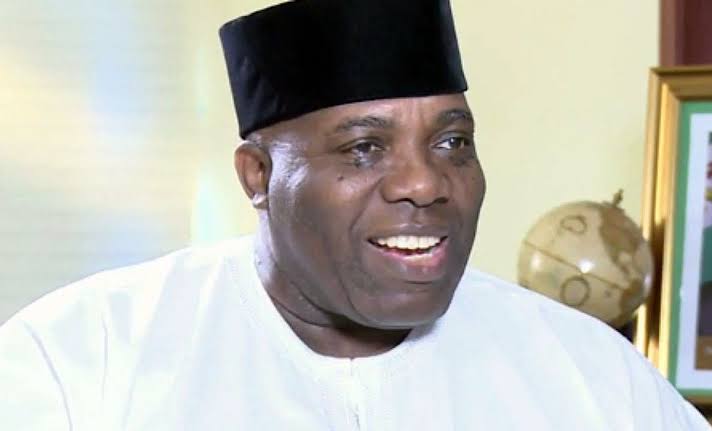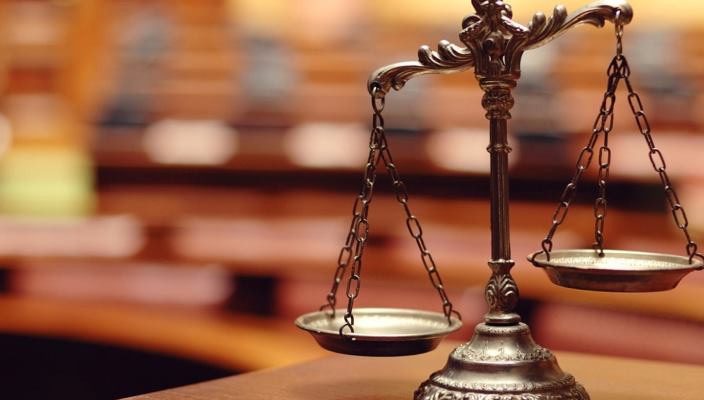PUNCH
THE recent statement by the Northern Elders Forum that hundreds of people in the region are selling their Permanent Voter Cards for N2,000 or less raises concerns over the electoral process. This suggests that the situation is more dire than earlier diagnosed. Politicians bent on manipulating the 2023 elections are obviously becoming more devious. Desperate times require critical countermeasures. The Independent National Electoral Commission should partner with other stakeholders and the security agencies to step up enlightenment campaigns; hunt down and prosecute the culprits.
NEF’s Director of Publicity and Advocacy, Hakeem Baba-Ahmed, disclosed that voters, especially women, were being deceived to sell their PVCs for a pittance. “In some instances, they are told their cards will be returned to them after they are processed for additional payments as ‘poverty relief.’ No cards are returned,” he added.
Some of the perpetrators were caught recently. On October 10, one Nasiru Idris was arrested with 101 PVCs in Sokoto. He was later sentenced to one-year imprisonment. The police on October 14 also arrested Aminu Shana, an All Progressives Congress leader in Yautan Arewa, Gabasawa Local Government Area of Kano State, with 367 PVCs. He was jailed for two years with a bail option of N550,000.
Given the reported scale of the illegal merchandising, this is not enough. Besides, the nabbed culprits are obviously minions; the challenge for the Inspector-General of Police, Usman Baba, and other security forces is to track down, arrest and neutralise the sponsors.
The Independent National Electoral Commission National Commissioner overseeing the Federal Capital Territory, Nasarawa, Kaduna and Plateau states, Mohammed Haruna, stressed that purchasing PVCs violated sections 117 and 145 of the Electoral Act. The practice is not new, but has gained momentum recently.
Under the law, the PVC is not transferrable. With it, the holder has only two options: vote for your preferred candidate, or abstain from the polling booth. But exchanging the voter card for monetary profit is criminal and tantamount to selling one’s birth-right. Just as the law does not permit anyone to commit suicide or procure an abortion, selling one’s PVC is not a right.
When politicians buy voter cards, it is not useful for them as the Bimodal Voters Identification System would not allow their use by a third party. The devious buyers know this. Their aim is to deny their opponents votes. They bury or burn the PVCs just to disenfranchise their owners and reduce the risk of losing elections in the strongholds of their rivals. Those selling their voter cards are criminal accomplices.
Many Nigerian politicians remain irresponsible and insufferably unaccountable because the electorate neither understand nor wield their power to choose their leaders. In other democracies, political parties mobilise and encourage voters to turn up to vote. But democracy falters in Nigeria because there is no pressure on political leaders to deliver.
The United Kingdom has had three prime ministers in a year due to the weight of public opinion and the voters’ demand optimum service delivery. South Africa’s President, Cyril Ramaphosa, is fighting the battle of his political career after he was accused of covering up the theft of large sums of dollars hidden in his farm. His recent reaffirmation as his party’s leader may still end up as a temporary reprieve as public disapproval mounts. As the world’s largest black population, Nigeria should be a stellar representative democracy.
The current state of the country should provoke a desire for change. Recent reports say 23 million Nigerians are jobless. The World Bank projects the number of ‘extremely poor’ Nigerians to hit 95 million this month. The 2022 Global Terrorism Index ranks Nigeria as the sixth most terrorised country. The Federal Road Maintenance Agency in November said most of the roads in the country are dilapidated. The health care system is comatose; there are no quality schools for the poor, and the national electricity grid constantly collapses. The basic responsibility of government – protection of lives and property — has been abandoned. The civic responsibility of the electorate is to seek to salvage the country by scrutinising the candidates and parties and exercising their right to vote. Selling their voter card is self-sabotage.
The high rate of voter apathy in Nigeria has allowed unscrupulous politicians to manipulate election results, and only a minority of the population repeatedly choose leaders at every level. Largely, those who bother to vote are mostly the less knowledgeable, or those easily swayed by ethnic, religious or regional sentiments; increasingly, some sell their votes and lately, their PVCs. The critical, more apprised segment, including the youth and the intelligentsia, and the middle class, largely stay aloof.
The INEC Chairman, Mahmood Yakubu, said the last two election cycles in the country witnessed 30 to 35 per cent voter turnout. In the Lagos-East Senatorial by-election of December 2020, less than nine per cent of registered voters voted. This negates the critical elements of inclusion and participation that underpin democracy.
INEC must mobilise all segments of society, particularly members of the civil society, and faith-based groups to sensitise the electorate to the dangers of trading their PVCs for money. Nigerians should resist the politicians’ weaponisation of poverty that keeps the majority in perpetual servitude.
Opinion moulders must constantly urge their followers to collect their PVCs and never sell them…


